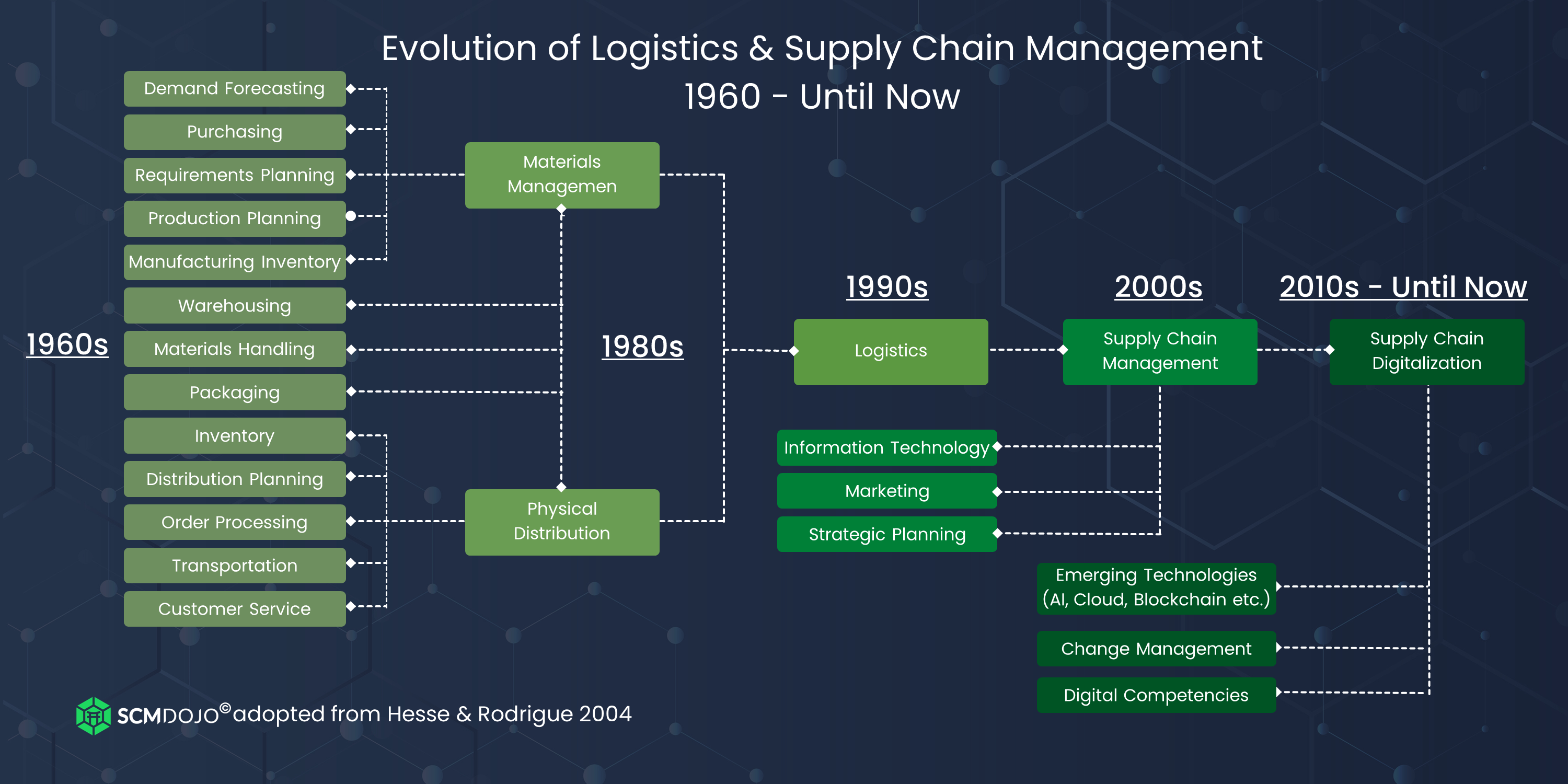Navigating the E-Commerce Evolution
The world of e-commerce is a rapidly evolving landscape, with new trends and technologies emerging constantly. As businesses strive to keep up with the changing demands of consumers, supply chain strategies play a crucial role in ensuring success in the digital marketplace.
One of the key challenges in navigating the e-commerce evolution is the need to adapt to shifting consumer preferences. Today’s customers expect fast and efficient delivery, seamless online shopping experiences, and a wide range of product options. This means that supply chain strategies must be flexible enough to meet these demands while also remaining cost-effective.
In response to these challenges, many businesses are turning to innovative technologies to streamline their supply chain processes. From automated warehouses to advanced inventory management systems, these tools can help companies improve efficiency, reduce costs, and enhance the overall customer experience.
Another important aspect of navigating the e-commerce evolution is the need to build strong partnerships with suppliers and logistics providers. In today’s interconnected world, collaboration is key to success, and businesses that are able to forge strong relationships with their partners will be better equipped to meet the demands of the modern consumer.

Image Source: scmdojo.com
In addition to technology and partnerships, businesses must also focus on sustainability and ethical sourcing practices. With increasing awareness of environmental issues and social responsibility, consumers are looking for companies that are committed to making a positive impact on the world. By implementing sustainable supply chain practices, businesses can not only attract more customers but also contribute to a more sustainable future.
As the e-commerce landscape continues to evolve, businesses must be willing to adapt and innovate in order to stay ahead of the competition. By focusing on flexibility, technology, partnerships, and sustainability, companies can navigate the rapidly changing world of e-commerce and thrive in the digital marketplace.
Supply chains are the backbone of e-commerce businesses, ensuring products are sourced, produced, and delivered to customers in a timely and efficient manner. As the e-commerce landscape continues to evolve, it is crucial for businesses to adapt and implement innovative strategies to stay competitive in the ever-changing market.
Innovative Strategies for Supply Chains
Innovative strategies for supply chains are essential in the world of e-commerce. With the rise of online shopping and the increasing demand for fast and reliable delivery, businesses must constantly look for new ways to streamline their supply chain processes and improve efficiency.
One innovative strategy that many e-commerce businesses are adopting is the use of artificial intelligence (AI) and machine learning. These technologies can help businesses predict demand, optimize inventory levels, and even automate certain aspects of the supply chain process. By leveraging AI and machine learning, businesses can reduce costs, improve efficiency, and provide a better overall customer experience.
Another innovative strategy for supply chains in e-commerce is the use of blockchain technology. Blockchain technology has the potential to revolutionize supply chain management by providing a secure and transparent way to track the movement of goods from the supplier to the customer. By using blockchain technology, businesses can reduce the risk of fraud, improve traceability, and ensure the authenticity of products.
Additionally, many e-commerce businesses are turning to 3D printing as a way to streamline their supply chain processes. 3D printing allows businesses to produce products on-demand, reducing the need for traditional manufacturing and warehousing processes. This not only reduces costs but also allows businesses to offer more customizable products to their customers.
Furthermore, sustainability is becoming increasingly important in the world of e-commerce, and businesses are looking for innovative ways to make their supply chains more environmentally friendly. From using renewable energy sources to implementing eco-friendly packaging solutions, businesses are taking steps to reduce their carbon footprint and minimize their impact on the environment.
In conclusion, the changing landscape of e-commerce requires businesses to continuously adapt and implement innovative strategies for their supply chains. By leveraging technologies such as AI, blockchain, and 3D printing, businesses can improve efficiency, reduce costs, and provide a better overall customer experience. Additionally, by prioritizing sustainability and implementing eco-friendly practices, businesses can help protect the environment while also meeting the growing demand for socially responsible products and services. The future of e-commerce lies in embracing innovation and staying ahead of the curve in supply chain management.
The Evolution of Supply Chain Strategies in the E-Commerce Era